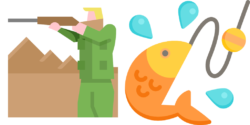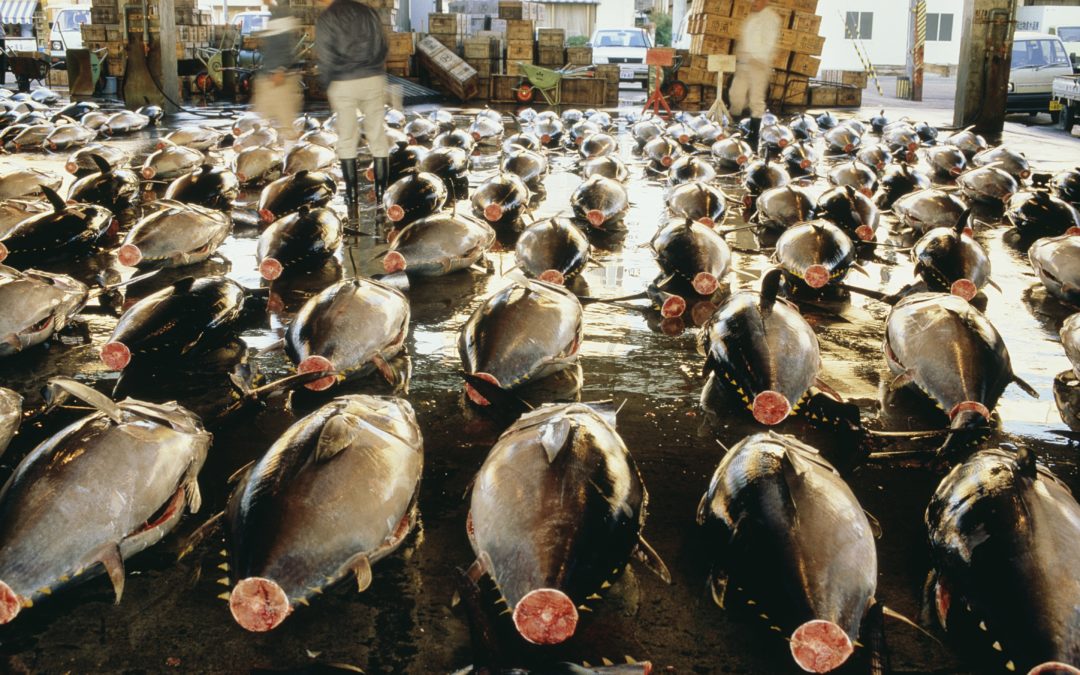What does it feel like to kill an animal?
Hunting, in addition to its sporty face, cultivates a totally emotional facet. Hunting is not a spectacle, it is an experience; that's why it's so hard to define.
If we were talking about a sporting event to use, it would be worth describing recording on video the number of captures as is done with the height of the jump, the number of goals, the end of the sprint.
But how do you describe the emotion before the dog's posture, when you sense that the partridge is going to be torn off in moments and when you feel it after the correct collection? And hunting, as we have pointed out, is an uncontrolled succession of sensations. Hunting is part of the soul. Hunters are asked questions about these feelings, which I find very difficult to answer.
The one that titles this writing is part of a battery that we usually make in some media when we attend a debate with the best will, a colloquium, where we believe that we clarify something and fall into a show, in which they make us agree with some fundamentalist who believes that this question is devastating. Then he will ask you a few more, all with the same bias. The goal is to strike a chord with listeners to awaken tenderness for the beasts and outrage for hunters. If you have not thought about the possible answer, you can answer something that he expects to try to finish you off with: "You kill animals because you are insensitive to the pain of others." But let's get to what concerns us. What does it feel like when you kill an animal? I can think of collateral reasoning to ask him the same thing, since all humans – I repeat everyone, including those who ask us that question – kill many animals.
Some are indifferent to us, like the thousands of insects that we kill with our car, with the vehicle in which you move, stepped on the road, because no one – except the little jainita sect that carries a brush to remove and not step on the bugs – notices the worms, beetle ants that are on the sidewalk. Other animals, as annoying, harmful dangerous to this society, of which those who ask are part, are exterminated globally based on sophisticated ranges of insecticides, poisoning – a curse word in the world of hunting – massively a whole population of rodents. A third group of animals, which die because of everyone, is the livestock and fishing that kill millions of animals for human consumption (two million chickens are consumed daily in Spain). For these three groups of infinite animals, no one tears garments, nor cuts his veins, nor even says: pio. And all animals are equal, if we do not apply Orwell's postulate, in Rebellion on the Farm: "All animals are equal, but some are more equal than others."
The athlete is not interested in the death of the piece; that is not what is being proposed. What interests him is everything he has had to do before to achieve it; that is, hunting. And the fourth group, which is the smallest, is made up of the hunted animals, which we killed with signs of satisfaction during the exercise of hunting. The question is asked precisely for this group. And I do not answer it either, because Ortega y Gasset has already done it masterfully and, if I may, I will literally repeat some paragraphs of his extensive reasoning. Ortega said: "Hunting, like all human activity, is framed in its ethics, which discerns virtues of vices.
There is the bellaco hunter, but there is also a beatery of the hunter. All this goes to the story of that last scene that ends the hunt, in which the generous skin of the beast appears stained by blood, and that body, which was pure agility, is transmuted into the absolute paralysis that is death. The idea that such a graceful life is going to be annulled overwhelms the hunter for an instant. It belongs to the good hunter a restless background of conscience before the death that will give the charming animal. He has no ultimate, consolidated assurance that his conduct is correct. But, understand well, he's not sure otherwise either."
For me, the brilliant philosopher comes to the possible conclusion when he says: "The athlete is not interested in the death of the piece; that is not what is being proposed. What interests him is everything he has had to do before to achieve it; that is, hunting. With which it becomes an effective purpose what was previously only means. Death is essential because without it there is no real hunting: the occision of the bug is the natural term of this and its purpose: that of hunting in its own right, not that of the hunter. He seeks it because it is the sign that gives reality to the entire venatory process, nothing more. In short, he does not hunt to kill, but the other way around, he kills himself for having hunted.
If the athlete is given the death of the animal, renounce it. What he seeks is to earn it, to overcome with his own effort and skill the brute arisco with all the accessories that this leads to the rear: the immersion in the countryside, the healthiness of the exercise, the distraction of the works, etc. This does not solve the moral problem of hunting, but it is necessary to take it into account. The ethical perfection of venation has not been reached at all. Perfection is never reached in anything, and perhaps it exists precisely so that it is never reached, as it happens with the cardinal points. His job is to guide our behavior and let us measure the progress made. In this sense, the progress made in the ethicity of hunting is undeniable."
Since you will think that in the end I elude the answer, I will tell you that it makes me mad and makes me feel unpleasant to catch a rabbit that convulses and stomps, a partridge flapping in the throes of death. However, when they fall fulminated, they no longer move, their touch gives me a pleasant feeling at the end of a good lance, I find a beautiful still life to give to a friend, if it is for my consumption, the omen of an excellent stew. Without any remorse.
Related
Post navigation
Tomas
Says:
Hello, I clarify that I am not a sports hunter, but I have gone hunting on some occasions.
I consider hunting to eat to be a natural act. Some people argue that we humans are taking advantage of animals by using weapons, but doesn't the lion take advantage of its prey? Animals also hunt; in their own way. We, ours. That is why I say that hunting is a natural act.
I also take into account several things:
– Eat what I cook.
– Try to target mainly pests.
– That the animal suffers as little as possible.
– Respect the animal and all nature in general as much as possible.

